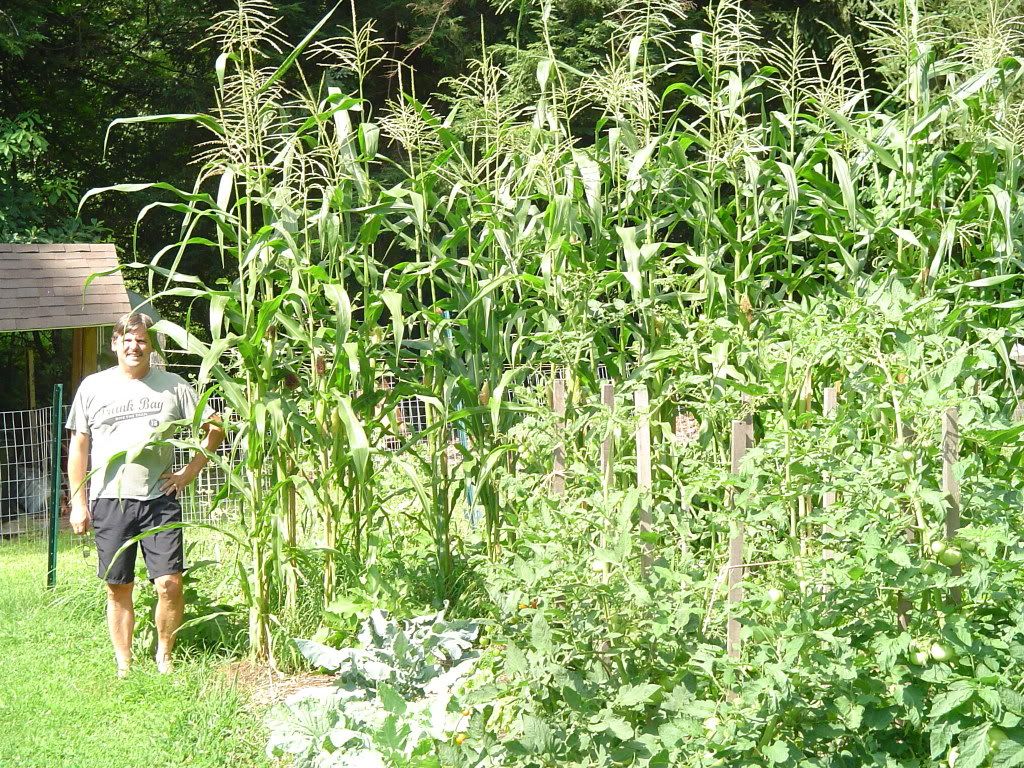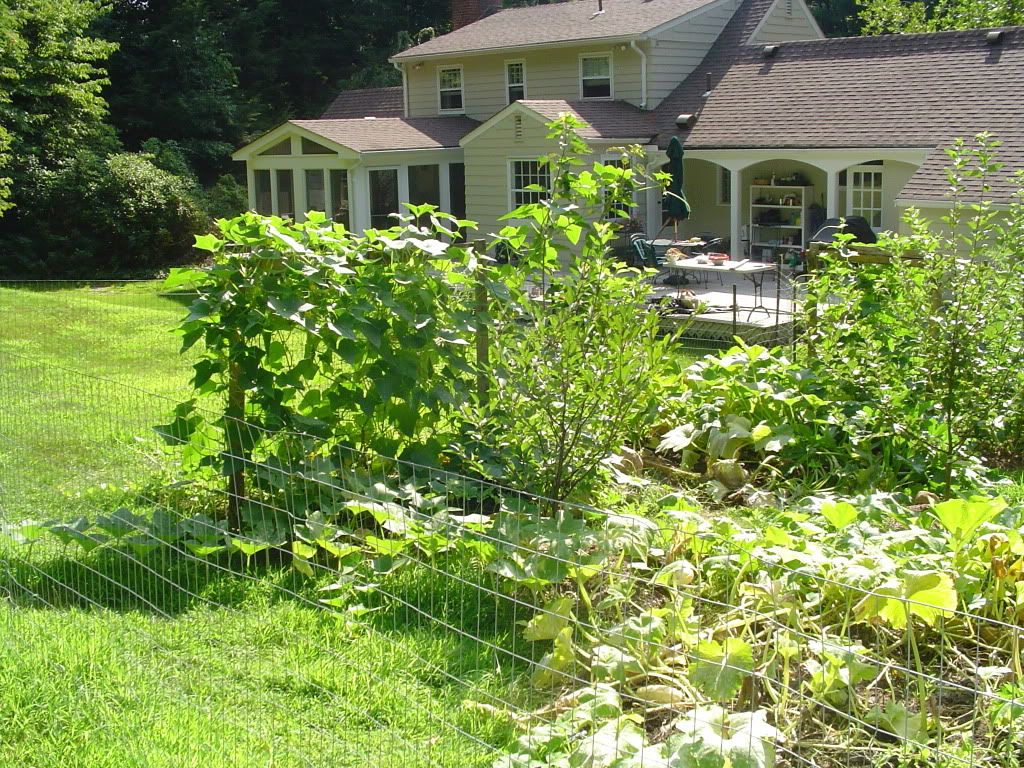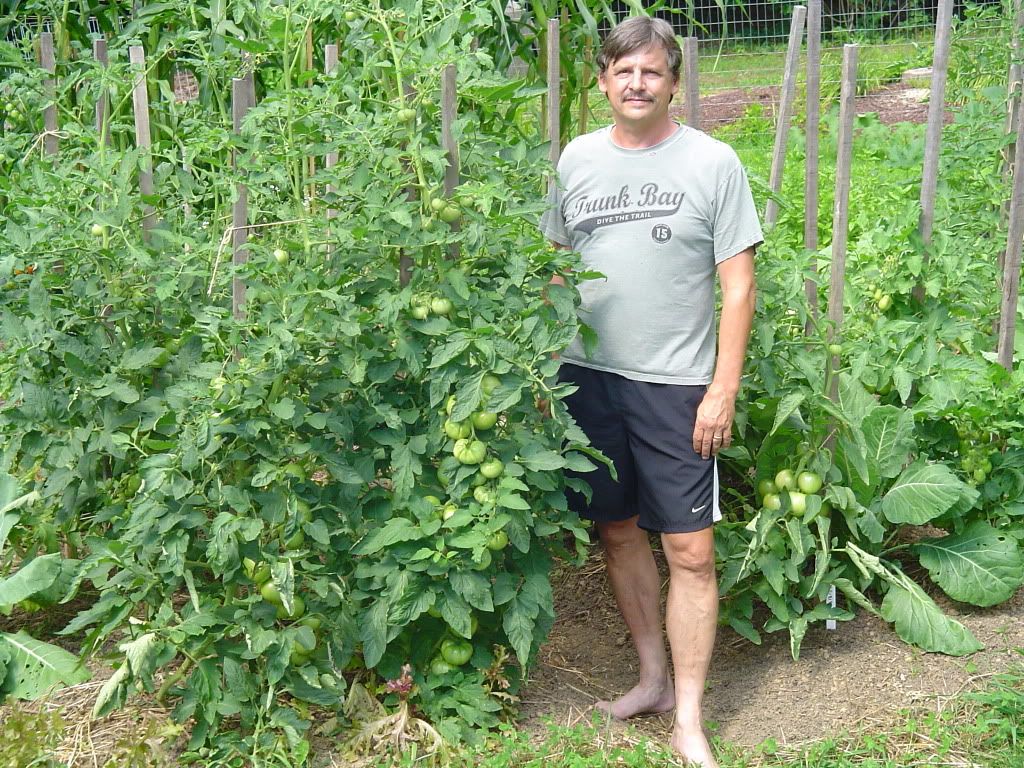During the NBC Nightly News on October 16, 1992, Tom Brokaw reported that, "In Egypt, rescue workers found a 37-year old man alive in earthquake rubble. He survived almost 82 hours by drinking his own urine. His wife, daughter and mother would not and they died"
What’s in urine?
Urine, 95% of which is water, 2.5% of which is urea, and 2.5% of which is a mixture of minerals, salts, hormones, and enzymes, is not a toxic waste product. Urine is a blood byproduct and though it contains some body waste, it is non-toxic. In 1975, Dr. A.H. Free, published his book Urinalysis in Clinical Laboratory Practice, in which he presents a few critical nutrients found in urine:
Alanine, total ..... 38 mg/day
Arginine, total ..... 32 mg/day
Ascorbic acid ..... 30 mg/day
Allantoin ..... 12 mg/day
Amino acids, total ..... 2.1 g/day
Bicarbonate ..... 140 mg/day
Biotin ..... 35 mg/day
Calcium ..... 23 mg/day
Creatinine ..... 1.4 mg/day
Cystine ..... 120 mg/day
Dopamine ..... 0.40 mg/day
Epinephrine ..... 0.01 mg/day
Folic acid ..... 4 mg/day
Glucose ..... 100 mg/day
Glutamic acid ..... 308 mg/day
Glycine ..... 455 mg/day
Inositol ..... 14 mg/day
Iodine ..... 0.25 mg/day
Iron ..... 0.5 mg/day
Lysine, total ..... 56 mg/day
Magnesium ..... 100 mg/day
Manganese ..... 0.5 mg/day
Methionine, total ..... 10 mg/day
Nitrogen, total ..... 15 g/day
Ornithine ..... 10 mg/day
Pantothenic acid ..... 3 mg/day
Phenylalanine ..... 21 mg/day
Phosphorus, organic .....9 mg/day
Potassium ..... 2.5 mg/day
Proteins, total ..... 5 mg/day
Riboflavin ..... 0.9 mg/day
Tryptophan, total ..... 28 mg/day
Tyrosine, total ..... 50 mg/day
Urea ..... 24.5 mg/day
Vitamin B6 ..... 100 mg/day
Vitamin B12 ..... 0.03 mg/day
Zinc ..... 1.4 mg/day
(Your Own Perfect Medicine? - Natural Health and Longevity Resource Center)
The following are the average quantities of various substances, in 100 milliliters of urine as reported in Introduction to Biochemistry by Dr. Pharon:
Substance Milligrams
1] Urea nitrogen 682.00
2] Urea 1459.00
3] Creatinin nitrogen 36.00
4] Creatinin 97.20
5] Uric acid nitrogen 12.30
6] Uric acid 36.90
7] Amino nitrogen 9.70
8] Ammonia nitrogen 57.00
9] Sodium 212.00
10] Potassium 137.00
11] Calcium 19.50
12] Magnesium 11.30
13] Chloride 314.00
14] Total sulphate 91.00
15] Inorganic sulphate 83.00
16] Inorganic phosphate 127.00
17] N/10 acid 27.80
Some other important urine constituents are:
Enzymes:
Amylase (diastase).
Lactic dehydrogenate (L. D. H.).
Leucine amino-peptidase (L. A. P.).
Urokinase.
Hormones�
Catechol amines.
Hydroxy-steroids.
17-Catosteroids.
Erythropoietine.
Adenylate cyclase.
Prostaglandin's.
Sex hormones.
HPS Urine Therapy UT Programs
Human urine is rich in plant nutrient. It contains higher Nitrogen, Phosphorus, and Potassium than animal urine. ...
It can be concluded that the compost with urine gave better quality fertilizer, and gave more complete composting activity, shorten composting time, and higher compost temperatures.
(ref: Composting With Human Urine ; Plant Fertilizer)
Human Urine is EXCELLENT PLANT FOOD !!!!!!!!!!!!!!!!!!!!!!!!
(as long as the urine does not contain pharmaceutical agents and antibiotics)
allAfrica.com: Uganda: Human Urine Safe As Fertilizer (Page 1 of 2)
"It (urine) also repels pests such as Aphids which damage vegetable leaves. ... Under normal circumstances, an adult person releases 11 grams of nitrogen/urea, 1gram of phosphorus/super phosphate, 2.5 grams of pottasium in urine. ... Patrick Makhosi, also a soil scientist with Kawanda Agricultural Research Organisation confirms the efficacy of human urine as a fertiliser. He says that applying urine once every week for at least two months will more than double the yield of vegetables. ...
The urine should be diluted with water at a ratio of 1: 9 and applied to the plant, ..."
Urine contains most of the nitrogen, phosphorus and potassium we release.These nutrients are the major components of chemical fertilizers, and urine is an amazing plant fertilizer! It is typically sterile, and, if separated from feces, can be easily and safely reused. Urine collection can be as simple as peeing in a jar or installing a urinal or urine-diverting dry or composting toilet. Although female urinals haven't caught on yet, there are some designs and models available.
Urine is easy to purify -- all you have to do is wait. Urine leaves the body fairly acidic and then the pH increases rapidly until pathogens are unable to survive. This process takes from fifteen days in warmer Mexico to over three months in the chilly Scandinavian winter.
The Greywater Guerrillas
Urine or Urea - yes, human urine is an excellent source of organic nitrogen for compost teas or as a free nitrogen activator for composting (45% N), can be used to create biogas which requires nitrogen .
Tworque: Waterless Urinals
Greenline » Waterless Urinals - How do they work?
Holy Smokes, I have to try this one:
Here is one for every one in the south who battles fire ants. It might sound crazy and disgusting but it really works. It's organic and it's free. Human urine. "Collected" indoors and poured on the mounds, they disappear within 24 hours. I didn't believe it when I first heard it, but tried it and it works. Supposedly the humun hormones both male and female does something to the ants.
And as they say: "Ah, Piss on it!"
Stop wasting that piss!
Besides being a excellent thing to do for your plants,
saving your piss could save your life some day, if your really thirsty.
Randy
What’s in urine?
Urine, 95% of which is water, 2.5% of which is urea, and 2.5% of which is a mixture of minerals, salts, hormones, and enzymes, is not a toxic waste product. Urine is a blood byproduct and though it contains some body waste, it is non-toxic. In 1975, Dr. A.H. Free, published his book Urinalysis in Clinical Laboratory Practice, in which he presents a few critical nutrients found in urine:
Alanine, total ..... 38 mg/day
Arginine, total ..... 32 mg/day
Ascorbic acid ..... 30 mg/day
Allantoin ..... 12 mg/day
Amino acids, total ..... 2.1 g/day
Bicarbonate ..... 140 mg/day
Biotin ..... 35 mg/day
Calcium ..... 23 mg/day
Creatinine ..... 1.4 mg/day
Cystine ..... 120 mg/day
Dopamine ..... 0.40 mg/day
Epinephrine ..... 0.01 mg/day
Folic acid ..... 4 mg/day
Glucose ..... 100 mg/day
Glutamic acid ..... 308 mg/day
Glycine ..... 455 mg/day
Inositol ..... 14 mg/day
Iodine ..... 0.25 mg/day
Iron ..... 0.5 mg/day
Lysine, total ..... 56 mg/day
Magnesium ..... 100 mg/day
Manganese ..... 0.5 mg/day
Methionine, total ..... 10 mg/day
Nitrogen, total ..... 15 g/day
Ornithine ..... 10 mg/day
Pantothenic acid ..... 3 mg/day
Phenylalanine ..... 21 mg/day
Phosphorus, organic .....9 mg/day
Potassium ..... 2.5 mg/day
Proteins, total ..... 5 mg/day
Riboflavin ..... 0.9 mg/day
Tryptophan, total ..... 28 mg/day
Tyrosine, total ..... 50 mg/day
Urea ..... 24.5 mg/day
Vitamin B6 ..... 100 mg/day
Vitamin B12 ..... 0.03 mg/day
Zinc ..... 1.4 mg/day
(Your Own Perfect Medicine? - Natural Health and Longevity Resource Center)
The following are the average quantities of various substances, in 100 milliliters of urine as reported in Introduction to Biochemistry by Dr. Pharon:
Substance Milligrams
1] Urea nitrogen 682.00
2] Urea 1459.00
3] Creatinin nitrogen 36.00
4] Creatinin 97.20
5] Uric acid nitrogen 12.30
6] Uric acid 36.90
7] Amino nitrogen 9.70
8] Ammonia nitrogen 57.00
9] Sodium 212.00
10] Potassium 137.00
11] Calcium 19.50
12] Magnesium 11.30
13] Chloride 314.00
14] Total sulphate 91.00
15] Inorganic sulphate 83.00
16] Inorganic phosphate 127.00
17] N/10 acid 27.80
Some other important urine constituents are:
Enzymes:
Amylase (diastase).
Lactic dehydrogenate (L. D. H.).
Leucine amino-peptidase (L. A. P.).
Urokinase.
Hormones�
Catechol amines.
Hydroxy-steroids.
17-Catosteroids.
Erythropoietine.
Adenylate cyclase.
Prostaglandin's.
Sex hormones.
HPS Urine Therapy UT Programs
Human urine is rich in plant nutrient. It contains higher Nitrogen, Phosphorus, and Potassium than animal urine. ...
It can be concluded that the compost with urine gave better quality fertilizer, and gave more complete composting activity, shorten composting time, and higher compost temperatures.
(ref: Composting With Human Urine ; Plant Fertilizer)
Human Urine is EXCELLENT PLANT FOOD !!!!!!!!!!!!!!!!!!!!!!!!
(as long as the urine does not contain pharmaceutical agents and antibiotics)
allAfrica.com: Uganda: Human Urine Safe As Fertilizer (Page 1 of 2)
"It (urine) also repels pests such as Aphids which damage vegetable leaves. ... Under normal circumstances, an adult person releases 11 grams of nitrogen/urea, 1gram of phosphorus/super phosphate, 2.5 grams of pottasium in urine. ... Patrick Makhosi, also a soil scientist with Kawanda Agricultural Research Organisation confirms the efficacy of human urine as a fertiliser. He says that applying urine once every week for at least two months will more than double the yield of vegetables. ...
The urine should be diluted with water at a ratio of 1: 9 and applied to the plant, ..."
Urine contains most of the nitrogen, phosphorus and potassium we release.These nutrients are the major components of chemical fertilizers, and urine is an amazing plant fertilizer! It is typically sterile, and, if separated from feces, can be easily and safely reused. Urine collection can be as simple as peeing in a jar or installing a urinal or urine-diverting dry or composting toilet. Although female urinals haven't caught on yet, there are some designs and models available.
Urine is easy to purify -- all you have to do is wait. Urine leaves the body fairly acidic and then the pH increases rapidly until pathogens are unable to survive. This process takes from fifteen days in warmer Mexico to over three months in the chilly Scandinavian winter.
The Greywater Guerrillas
Urine or Urea - yes, human urine is an excellent source of organic nitrogen for compost teas or as a free nitrogen activator for composting (45% N), can be used to create biogas which requires nitrogen .
Tworque: Waterless Urinals
Greenline » Waterless Urinals - How do they work?
Holy Smokes, I have to try this one:

Here is one for every one in the south who battles fire ants. It might sound crazy and disgusting but it really works. It's organic and it's free. Human urine. "Collected" indoors and poured on the mounds, they disappear within 24 hours. I didn't believe it when I first heard it, but tried it and it works. Supposedly the humun hormones both male and female does something to the ants.
And as they say: "Ah, Piss on it!"
Stop wasting that piss!

Besides being a excellent thing to do for your plants,
saving your piss could save your life some day, if your really thirsty.
Randy






Comment